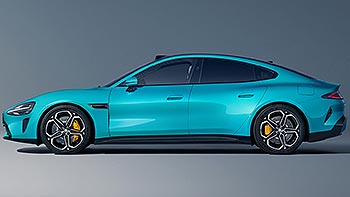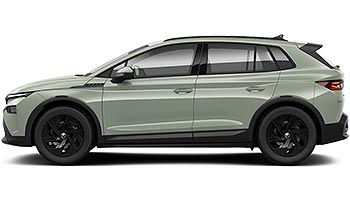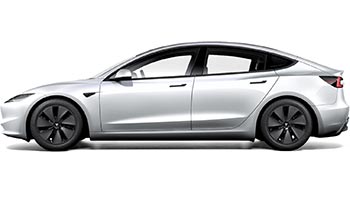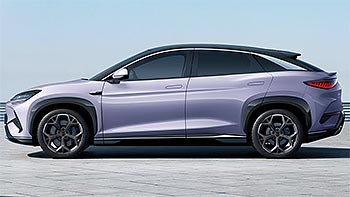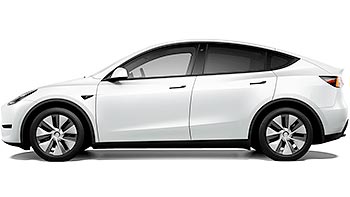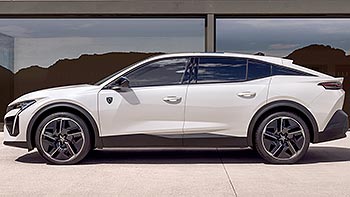German car makers protest Chinese EV tariff decision

The European Union's recent decision to impose tariffs of up to 45% on electric vehicles imported from China has caused concern to certain car makers feom the block. While intended to protect European manufacturers, this move may also backfire if China responds in kind, creating complications for European carmakers.
The tariffs, set to take effect on October 31st, stem from an EU investigation that concluded China unfairly subsidizes its EV industry. This decision has ignited a potential trade war, with China threatening retaliatory tariffs on European goods.
 BMW iX3 - not your usual Chinese EV and yet it is made in China
BMW iX3 - not your usual Chinese EV and yet it is made in China
Volkswagen, for example, operates nearly 40 factories in China. These factories produce both finished vehicles and components for the European market. The new tariffs will likely increase the cost of these vehicles, making them less competitive against EVs produced domestically in Europe. This comes at a time when Volkswagen is already grappling with declining demand for its electric models.
BMW, another major German automaker, has also voiced concerns. CEO Oliver Zipse called the tariffs a "fatal signal" for the European automotive industry, warning of a potential trade conflict that would benefit no one. He urged a swift resolution to avoid further escalation.
 Europe's darling Dacia Spring - proudly made in China
Europe's darling Dacia Spring - proudly made in China
On the other hand Chinese companies like Geely, which owns Volvo, Polestar, and Lotus, have expressed "great disappointment" with the EU's decision. They argue that the tariffs will harm European consumers and hinder economic relations between the EU and China.
MG Motor France, a subsidiary of SAIC, has stated that the tariffs will "slow down" the transition to EVs in France. The company has pledged not to raise prices on its EVs in 2024, but the long-term impact remains uncertain.
 Spanish Cupra Tavascan is not so Spanish after all
Spanish Cupra Tavascan is not so Spanish after all
While some European officials have applauded the tariffs as a necessary measure to protect domestic manufacturers, others have expressed concerns about the potential consequences. Hildegard Mueller, president of Germany's automotive lobby group, warned that the tariffs would lead to higher prices for consumers and risk a trade war.
The situation is further complicated by the fact that many EVs sold under European brands are actually manufactured in China. This raises questions about the potential impact of the tariffs on their prices. Consumers may find themselves paying a premium for vehicles they believe to be European-made.
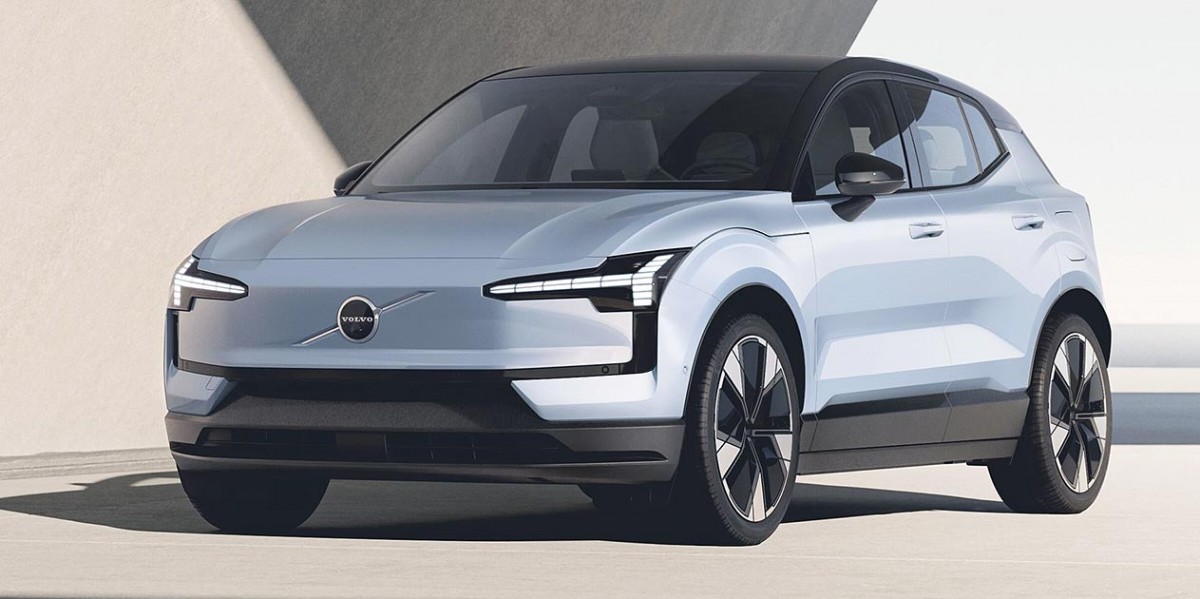 Another European bestseller: Volvo EX30. Made in China of course.
Another European bestseller: Volvo EX30. Made in China of course.
As the deadline for implementing the tariffs approaches, negotiations between the EU and China continue. Both sides are exploring alternative solutions, such as a mechanism to control prices and export volumes. The outcome of these negotiations will have a significant impact on the future of the European EV market and the affordability of electric cars for consumers.
Related
Reader comments
Nothing yet. Be the first to comment.












